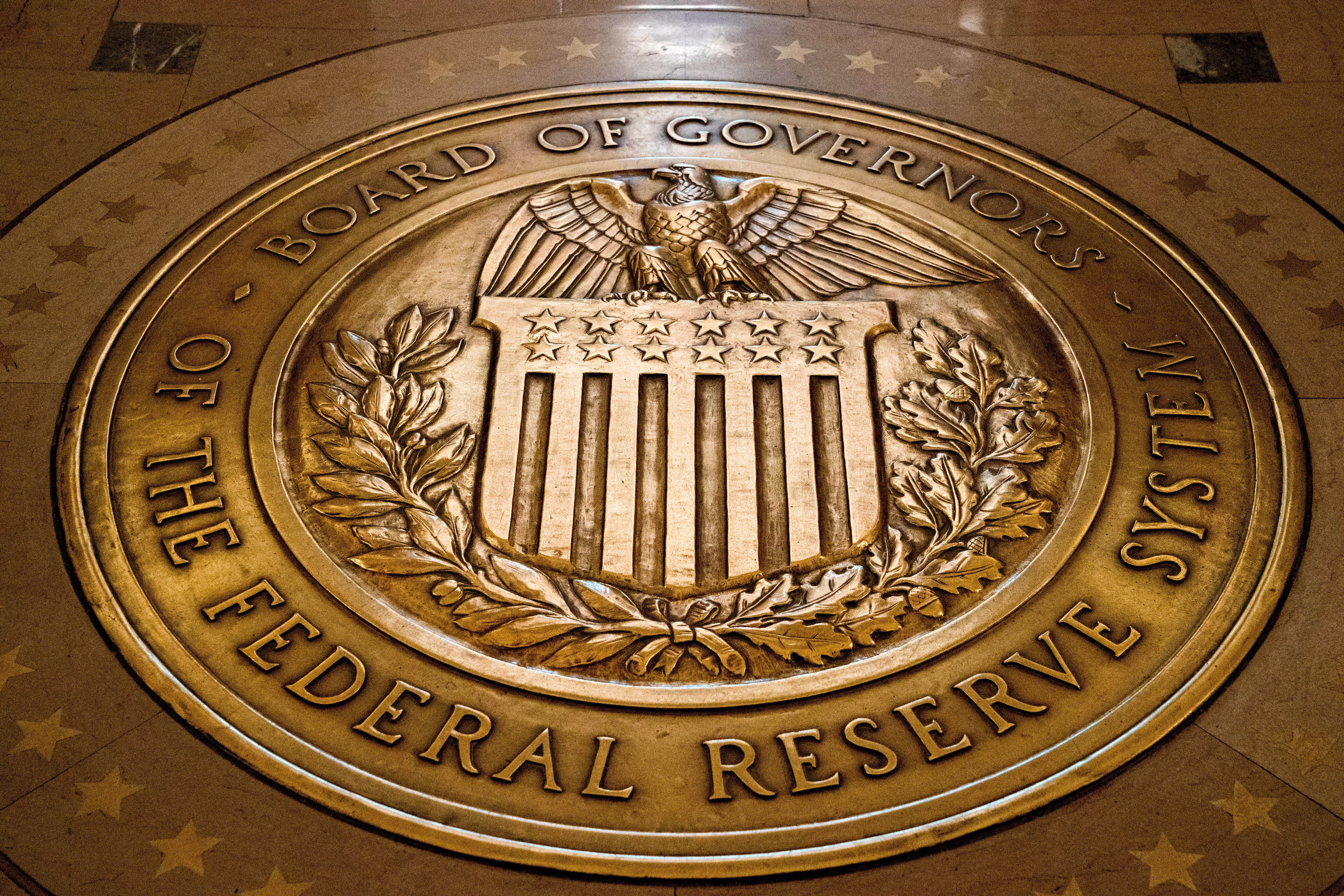NEW YORK (AP) — U.S. stocks are coasting to the close of their best week in a year with some modest moves on Friday.
The S&P 500 was 0.3% higher in afternoon trading and on track for its biggest weekly gain since early November 2023. The Dow Jones Industrial Average was up 230 points, or 0.5%, as of 12:09 p.m. Eastern time, and the Nasdaq composite was virtually unchanged.
The relatively quiet trading follows big gains and more records for indexes earlier in the week after Donald Trump won the presidential election and the Federal Reserve cut interest rates again to make things easier for the economy.
Axon Enterprise, which sells Tasers and body cameras used by police officers, helped lead the market. It jumped 21.5% after delivering stronger profit for the latest quarter than analysts expected. It also raised its revenue forecast for the full year to $2.07 billion, which would mean 32% growth.
Expedia Group rose 6.2% after likewise topping profit expectations. It said booked room nights rose 9% from a year earlier.
Helping to keep the market in check was Airbnb, which sank 8.3% after the online vacation rental platform posted a mixed third-quarter earnings report and issued forecasts for the fourth quarter that disappointed investors.
Digital pinboard and shopping site Pinterest slid 16.7% after the company’s revenue guidance came in lower than investors expected, even as it easily beat Wall Street’s sales and profit targets.
In the bond market, longer-term Treasury yields eased.
A preliminary report in the morning suggested sentiment among U.S. consumers rose for a fourth straight month to its highest level in six months. The survey from the University of Michigan, which was conducted before Tuesday's election, also said expectations for inflation in the coming year eased to the lowest level since 2020.
The yield on the 10-year Treasury fell to 4.31% from 4.33% late Thursday. But it’s still well above where it was in mid-September, when it was close to 3.60%.
Treasury yields climbed in large part because the U.S. economy has remained much more resilient than feared. The hope is that it can continue to stay solid as the Federal Reserve continues to cut interest rates in order to keep the job market humming, now that it’s helped get inflation nearly down to its 2% target.
Some of the rise in yields has also been because of Trump. He talks up tariffs and other policies that economists say could drive inflation and the U.S. government’s debt higher, along with the economy’s growth.
Traders have already begun paring forecasts for how many cuts to rates the Fed will deliver next year because of that. While lower rates can boost the economy, they can also give inflation more fuel.
In stock markets abroad, Trump’s talk about tariffs has raised worries about possible trade tensions and disruptions to the global economy.
European indexes were mostly lower and on track for a losing week.
Markets in Hong Kong and Shanghai fell as investors awaited much-anticipated steps by Beijing to rev up the slowing Chinese economy following a meeting of the legislature’s Standing Committee. Officials announced a 6 trillion yuan ($839 billion), three-year plan to help local governments refinance their many trillions of debt that has ballooned during the COVID-19 pandemic and a collapse of the property market.
Financial markets worldwide have swung sharply as investors lay bets on what Trump's plans for higher tariffs, lower tax rates and lighter regulation could mean for the global economy. But many professional investors have also urged caution, saying snaps back in prices could occur as it becomes more clear what proposals will become policy versus just negotiating starting points.
U.S. banks and the stocks of more domestically focused companies have seen some of the wildest moves, as some of the poster children of the “Trump trade.” The stock that’s become most synonymous with the president-elect, Trump Media & Technology Group, rose 11.6% Thursday and is on track for a slight gain this week.
___
AP Writers Matt Ott and Zimo Zhong contributed to this report.









